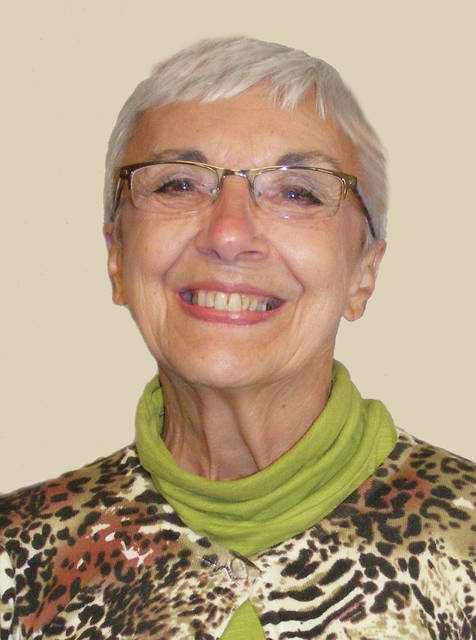
Nobody likes having a needle stuck into their arm; however, nobody wants to get seriously ill, either. Therefore, those Brits receiving their COVID vaccine at Salisbury Cathedral get extra incentive to line up for their shots; they have the pleasure of enjoying music played on the sanctuary’s magnificent 1876 organ while they wait. England’s National Health service has signed contracts with dozens of large venues to operate as vaccination centers, including soccer stadiums, sports centers, and concert arenas; the Cathedral is a perfect space for the vaccinations, providing a large drafty area that lowers the risk of virus transmission. The music is a bonus that converts a medical visit into an enjoyable event, also creating a slight problem — patients don’t want to move on, often overstaying the required 15 minute observation period following the injection to further enjoy the concert.
Salisbury Cathedral’s Director of Music David Halls speaks of the building’s 800-year history with awe, remembering all those through the centuries who came to the cathedral “to be healed or to find some sort of serenity.” When he saw the need to welcome, reassure, and sooth anxious vaccine-seekers, Halls decided to offer music on the church’s venerable organ. After beginning with famous classical pieces by Bach, Mozart and Handel, he branched out to play show tunes and sentimental favorites such as the warm-hearted song that became a hopeful English anthem during World War II, “The White Cliffs of Dover.”
Salisbury Cathedral is one of the few places in the country where live music can be heard right now, as theaters and concert halls have been forced to close down. After a year spent deprived of culture, music, and beauty, people are looking forward to “getting their jab” to the accompaniment of organ music. Local residents ask each other “Have you been to the organ recital,” rather than inquiring if their neighbors received their shot. Some residents are sending in their musical requests, often including the exact time they want the piece to be played.
The Mayo Clinic advises that music can be a useful tool to ease the strains of dealing with the pandemic, and actually can help with healing; another British Isles initiative takes that healing to a higher than expected level. Opera companies have been especially hard hit by restrictions made necessary by the virus; finding themselves unable to perform in front of live audiences, many theaters have simply gone dark. But the English National Opera has been redirecting its energies to offer assistance in dealing with the current situation, beginning with the wardrobe department making protective equipment for hospitals. Then, last September while also offering a “drive-in opera experience featuring an abridged performance of La Boheme on large screens in a London park, the company started a trial therapeutic medical program.
Realizing that severe respiratory problems sometimes follow a bout of COVID 19, E.N.O. staff came up with therapies rooted in vocal training which emphasizes breath control. Methods quite similar to that offered at the Royal Academy of Music to train young singers are utilized to help patients recover by making the most of their damaged lung capacity while also helping calm anxiety. Alongside weekly voice classes, other online resources include downloadable sheet music and refresher videos filmed on the English National Opera’s main stage, as well as Spotify playlists. The singing element includes soothing lullabies drawn from cultures around the world, in part because they are easy to master but also due to easily felt emotional connections to the music.
Not only have COVID patients benefited from this innovative program, musicians and others with the opera company have been motivated and energized by the fact that their skills can be useful during this bleak time. These two examples of the healing power of music offer comfort and hope as we continue to confront the unprecedented challenges of life during a pandemic.





